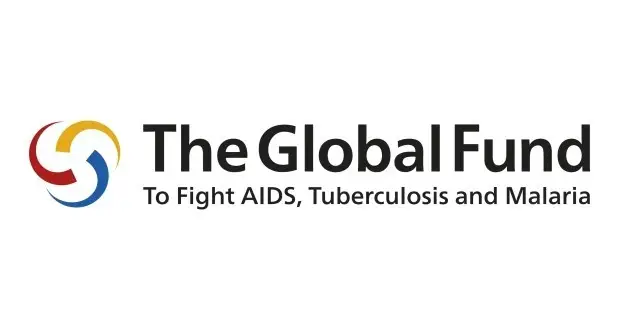A major report from the Global Fund, based in Geneva, highlights alarming new challenges in the fight against infectious diseases such as AIDS, tuberculosis (TB), and malaria. Despite overcoming some setbacks from the COVID-19 pandemic, the Global Fund warns that climate change and ongoing conflicts are increasingly jeopardizing progress.
The Global Fund, a key player in global health efforts, reported that its 2023 investments exceeded five billion dollars in combating these deadly diseases. While there has been notable progress, particularly in malaria control—thanks to new vaccines and substantial distribution of mosquito nets—current crises are posing significant threats.
Climate change has emerged as a critical factor exacerbating the spread of malaria. Rising temperatures and frequent flooding are creating conditions conducive to mosquito proliferation in previously inhospitable regions. This year alone, the Global Fund distributed 227 million mosquito nets and treated 171 million malaria cases. However, the disease continues to claim over 600,000 lives annually, with the vast majority occurring in Africa. Children under five are particularly vulnerable, accounting for nearly 80% of malaria-related deaths on the continent.
Peter Sands, Executive Director of the Global Fund, emphasizes that climate change is a “profound and rapidly escalating threat” to all three priority diseases. He notes that conflict-ridden areas, where malaria is endemic, face additional hurdles. The destruction caused by wars, such as those in Sudan and Ukraine, and ongoing turmoil in the Middle East and Sahel, disrupts healthcare systems and deepens the suffering of the most vulnerable populations.
Moreover, resistance to insecticides and treatments is further complicating malaria control efforts. The report also highlights that climate migrants—people displaced by environmental changes—are at heightened risk for diseases like tuberculosis, which is exacerbated by deteriorating living conditions and weakened healthcare infrastructure.
The Global Fund’s report underscores the need for a multifaceted approach to address these interconnected issues. With the challenges posed by climate change, conflicts, and political instability, there is an urgent call for global cooperation and innovative solutions to protect progress in combating infectious diseases and support the world’s most marginalized populations.

